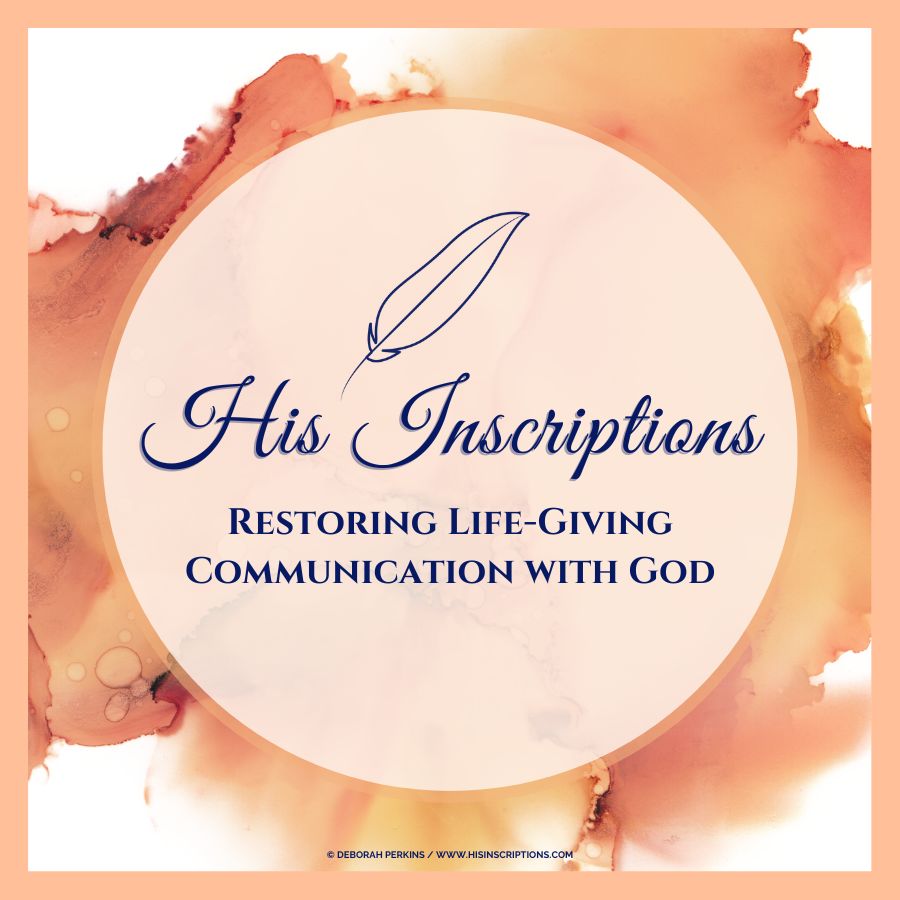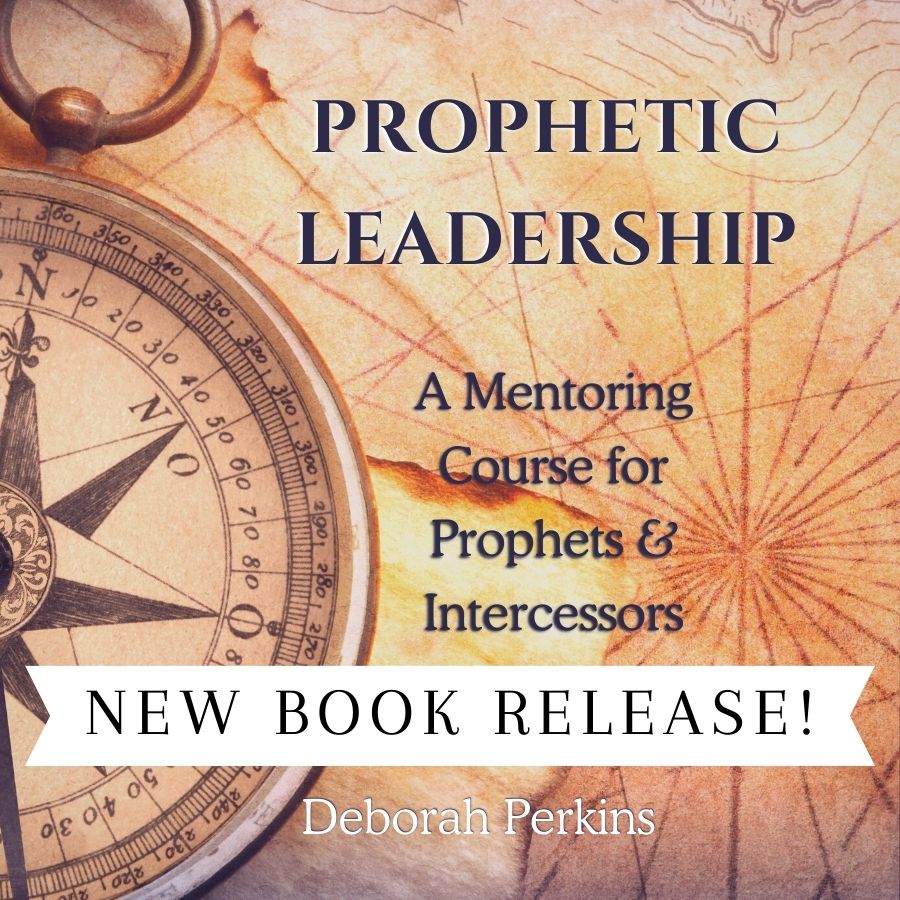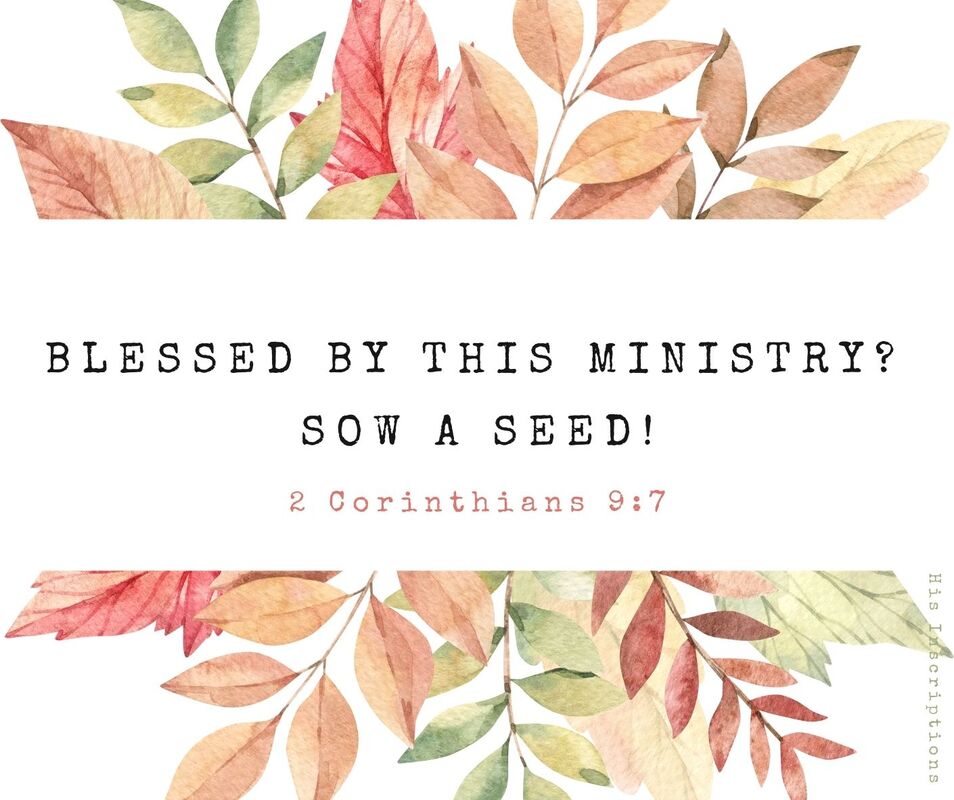|
[object Object]
Inscriptions are everywhere. We long to make our mark in this world, and from the beginning of time we have been finding ways to inscribe and record our thoughts. We have used tree bark, parchment, marble, clay, leather, stone, gold, and paper. We have written letters, pledged our love, carved our initials, branded our cattle, and embroidered our names. When God tells us in Isaiah 49:16 that He has inscribed us on the palms of His hands, He is likely referring to the ancient practice of the Jews engraving a symbol of Jerusalem or the temple on their skin, to remember their walls. At the same time, God has been longing to make His mark in us. He began by inscribing the law on stone tablets for Israel, but then spoke of a time when our stony hearts would become flesh, and His laws - and even His Presence - would be within us. His Spirit is said to be like a "seal" upon us, in both the Jewish writings and in the Christian New Testament. The Bible is God's love letter to us; to Israel first, then also to the Gentiles. And even creation itself reveals God's attributes to us. (See Psalm 19 and Romans 1:20). God has sent patriarchs, prophets, and pastors to speak to His people and reassure us of His loving plan. And He has called us to do the same. Paul, in Corinthians, speaks of believers as "living epistles;" we are to be sent like living letters from God to the world around us, reflecting His image and thoughts to others. (2 Corinthians 3:3). The Bible began as collections of letters and manuscripts, and many more letters about God exist than those that are in the Word! Indeed, you could say that nearly everything we know about God, we know through inscriptions. But there's a problem. We are often confused about what we are hearing from God. Seeing God's inscriptions is one thing; understanding them is another. Look at the image of the tree-carving, above. We can see that "C" loves "N", but does " K" love "O"? or is it a "D"? And who are "C" and "N," anyway? Carol and Nate? Charlie and Nancy? King Belshazzar had the same problem in Daniel 5, a story which birthed the cliche about the "writing on the wall." The writing was easily seen, but its interpretation could not be discerned except by Daniel, who had developed enough intimacy with God to understand the message and proclaim it. When God called Jeremiah as a prophet, He trained him by first saying "What do you see?" Jeremiah correctly saw the rod of an almond tree. Once he identified what he saw, God gave him the ability to perceive: "I am watching over My word to perform it." Next, Jeremiah saw a boiling pot, facing away from the north. God subsequently caused him to hear His prophecy, that evil would come out of the north. In the Gospels, Jesus taught that people were often seeing things but rarely understanding what they meant. (Mark 4:12). We need to both see and perceive, hear and understand. So the goal of this website is really to ask the question, how can we increase our ability to perceive what God is doing and saying in our lives today? How can we cultivate an "excellent spirit" like the one that was in Daniel, so that we are attuned to His ways and can spot His fingerprints, follow His leading, hear His directions? How do you see God making His mark on your life? What do you do to develop seeing eyes and hearing ears? Write your thoughts in the comments below or join the discussion on Facebook so that we can all benefit from seeing God's handiwork in your life! © Deborah Perkins / www.HisInscriptions.com |
Free Link to the Subscriber Resource Library when you join His Inscriptions!
About
Deborah Perkins Categories
All
Archives
June 2024
AuthorA severe hearing loss from childhood caused Deborah Perkins to develop what she now calls her secret weapon: tuning in to God's voice. A Wellesley College graduate and an award-winning writer, Deborah is now a wife and mother of 3 boys. Deborah has devoted over 25 years to professional and lay Christian ministry in New England and beyond. Her passion is inspiring people to cultivate greater intimacy with God. |


 RSS Feed
RSS Feed






